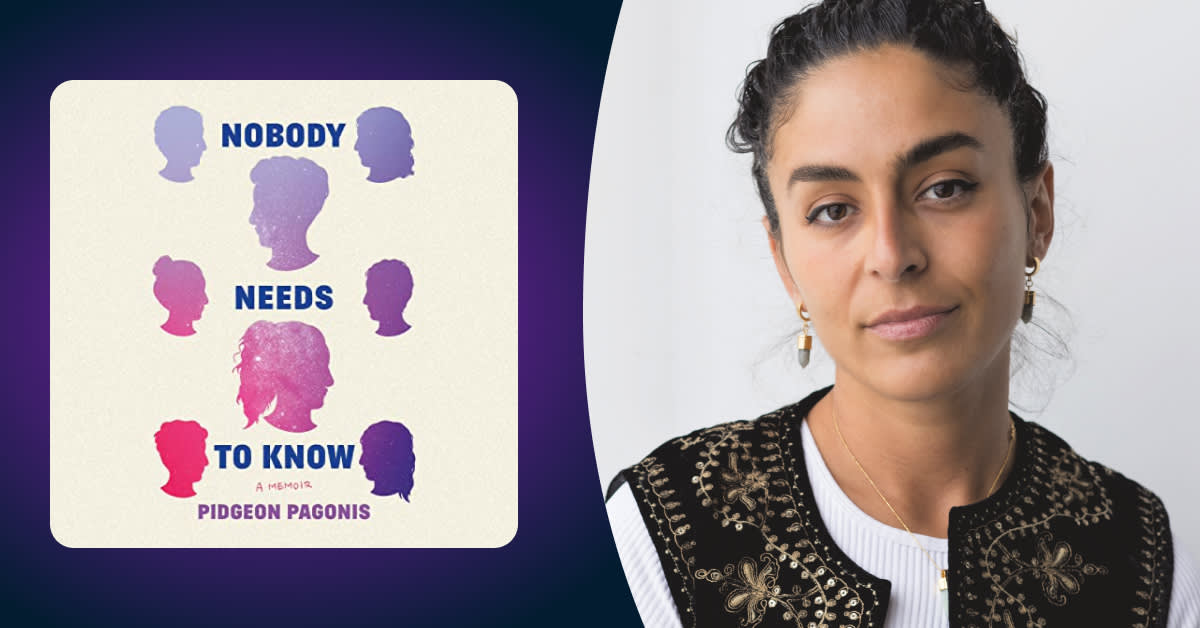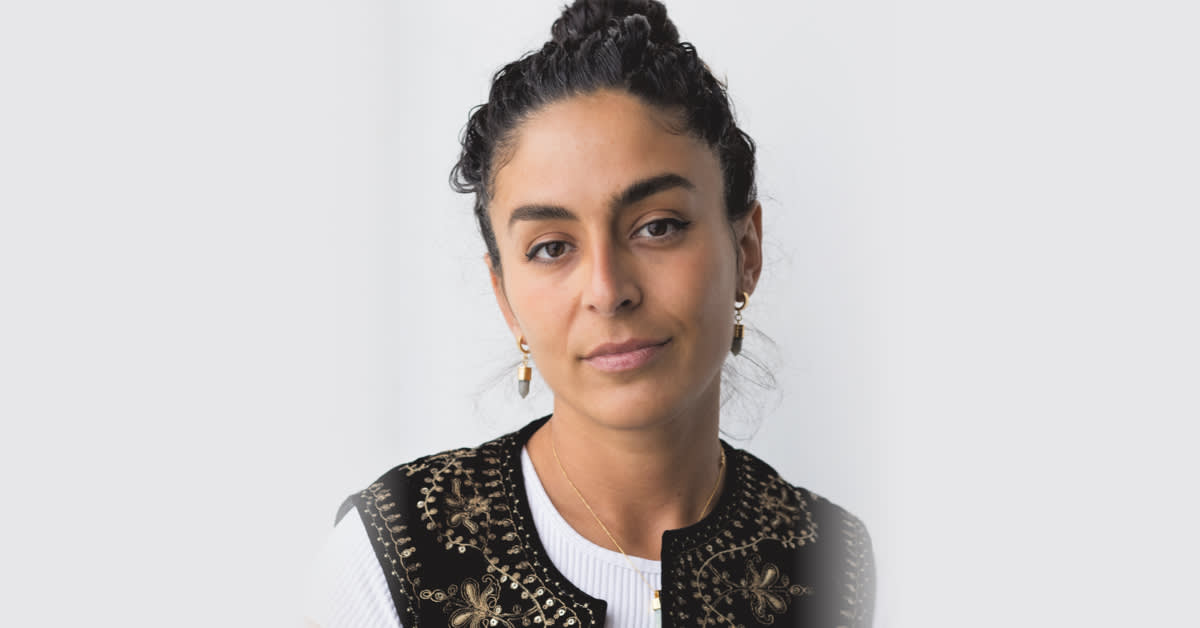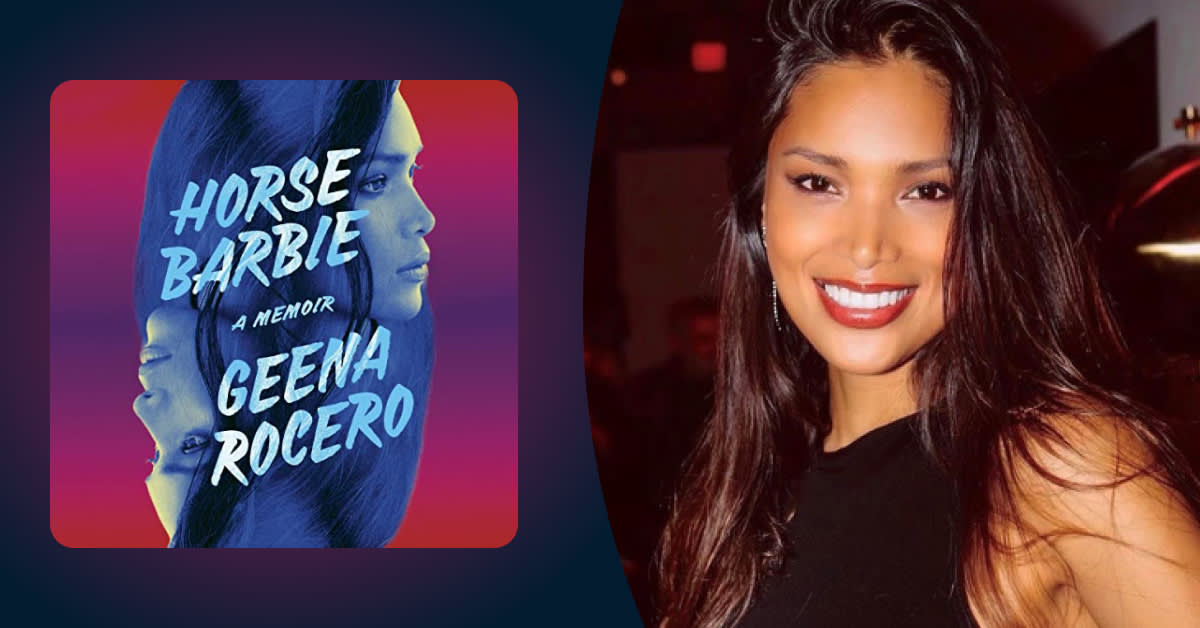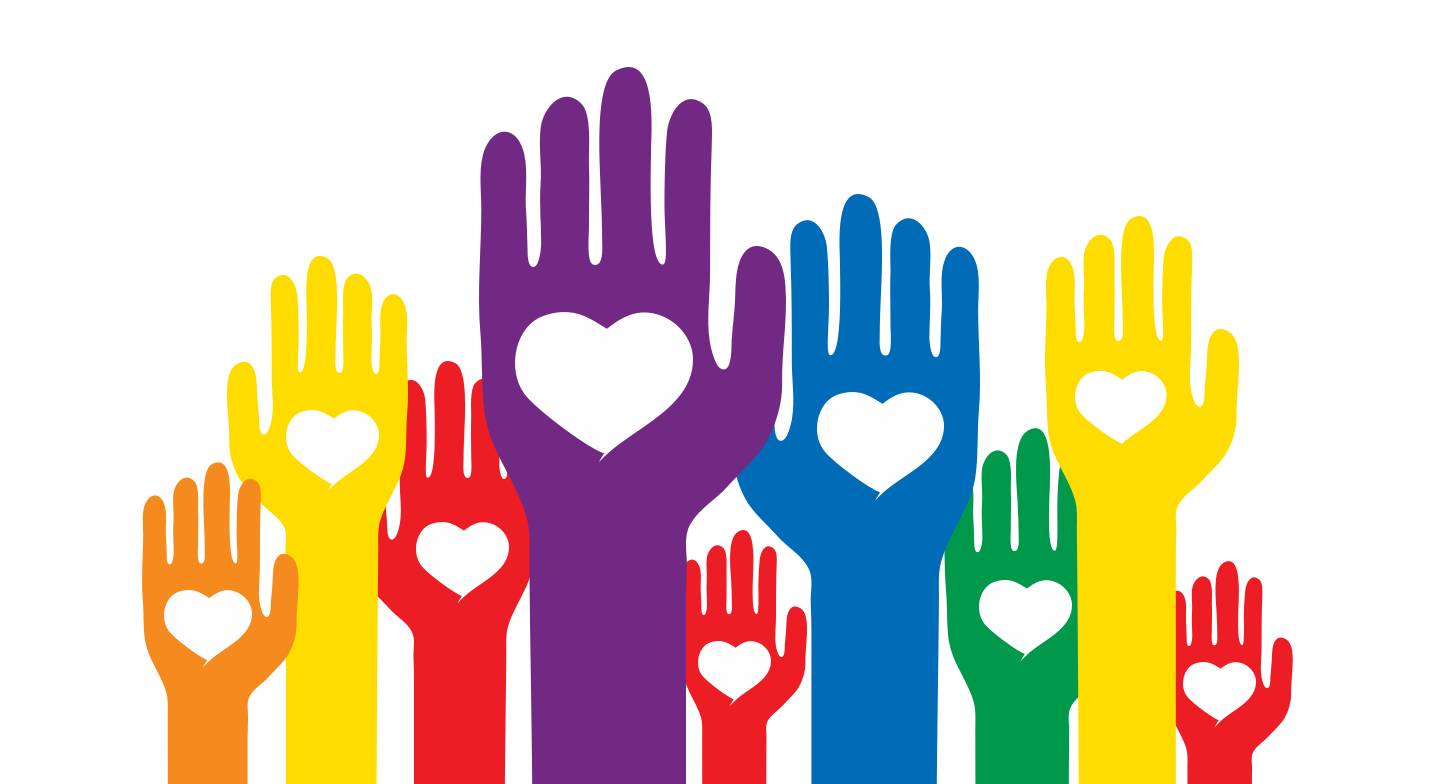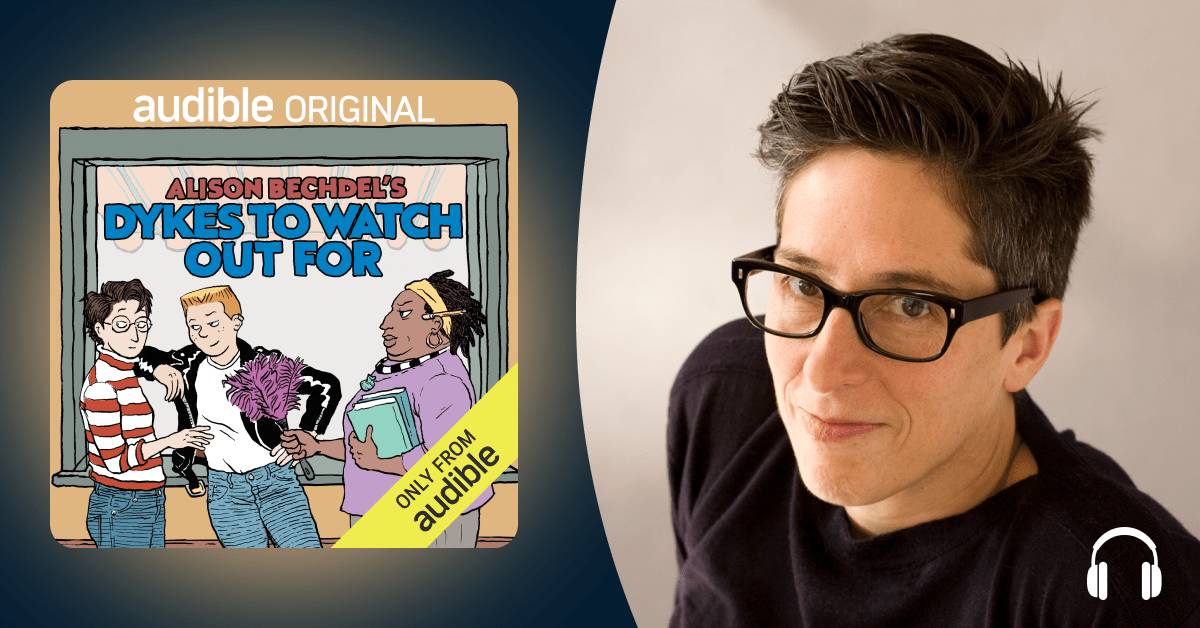With Nobody Needs to Know, intersex activist Pidgeon Pagonis reflects on the trauma, lies, and secrecy that surrounded their childhood, inspiring listeners to challenge rigid binaries and forge their own path in self-actualization, education, and learning how to love yourself as a human being outside the restrictions of the gender binary.
Audible: Your memoir is an intimate reflection on your experiences as well as a direct challenge to the gender binary. What made you want to share your story, and why was now the right time to do so? Is there anything new you learned or discovered about yourself as you were writing Nobody Needs to Know?
Pidgeon Pagonis: My memoir Nobody Needs to Know challenges the gender binary and reveals the isolation and shame surrounding intersex experiences. I wanted to share my story to counter the ethos of secrecy imposed by doctors as well as to humanize the intersex community beyond our trauma. Considering the surge of transphobic legislation, and the need to end harmful surgeries on intersex children and infants, the timing of my memoir could not be more crucial. By shedding light on my journey, I hope to raise awareness and advocate for bodily autonomy for all individuals.
It’s an unfortunate fact that intersex individuals are often forgotten about or excluded from many LGBTQIA+ narratives. While sharing your own story is a step in the right direction to combat that exclusion, what’s your ideal scenario for combating misconceptions about intersex individuals and helping others to embrace life outside of binary definitions?
In my ideal vision, society and the medical profession would acknowledge and confront the harm inflicted on intersex individuals, recognizing our right to bodily autonomy. This would alleviate the burden on intersex advocates, sparing us from constantly reliving our trauma to educate the public. Embracing a life beyond binary definitions requires a culture that values freedom and liberty in all aspects, beyond a narrow focus on gun rights. Prioritizing healing and self-actualization outside traditional avenues, such as within major religions, would lead to a culture that rejects limiting constructs. From this transformative shift, intersex and trans individuals would naturally be granted the autonomy we all deserve.
“Embracing a life beyond binary definitions requires a culture that values freedom and liberty in all aspects.”
Although you only discovered your identity as an intersex person during your freshman year of college, how has your view of yourself and the world changed since embracing your true self? How does your work as a writer and artist feed your activism?
Since embracing my true identity as an intersex person during college, my view of myself and the world has undergone significant changes. I no longer perceive things in black and white—my understanding transcends rigid gender binaries. I see myself as neither strictly female nor male but rather as a person, a human being. I no longer accept what authority figures tell us without questioning and critically examining their words. As a writer and artist, my work fuels my activism. It shapes what I am inspired to create, what topics I choose to focus on, and what I contemplate. I constantly strive to contribute to the intersex and trans communities' pursuit of freedom and bodily autonomy through my creative endeavors.
As an activist, you do incredibly personal and difficult work. How do you balance your work with self-care and protecting your mental health?
Engaging in this work is incredibly challenging, and it remains a constant struggle for me every minute of every day. Balancing my activism with prioritizing my mental health and well-being is an ongoing, evolving process. Currently, my healing journey involves visiting a medical clinic for ketamine treatments, a psychedelic therapy. Integrating the experiences from these sessions with my therapist has been transformative. Ketamine and other psychedelics like psilocybin enable me to confront my pain and trauma in ways I couldn't before. These experiences have forever changed me, and moving forward, I aspire to advocate for increased accessibility of these healing medicines for other intersex and trans individuals seeking their own transformative journeys.
Are there any other stories or helpful resources you’d recommend for folks who enjoyed your memoir and are looking to fully embrace their identities, or to better support intersex individuals?
I highly recommend reading Hermaphrodites and the Medical Invention of Sex and Intersex in the Age of Ethics by Alice Dreger. They were among the first books I read on the subject and continue to have a profound impact. Additionally, Lessons from the Intersexed by Suzanne Kessler, Fixing Sex: Medical Authority and Lived Experience by Katrina Karkazis, and Contesting Intersex: Dubious Diagnosis by Georgiann Davis are also essential reading. For more recommendations, please visit the book recommendations section on my website's resource page: pid.ge/resources. And don’t forget—each one teach one. Please share what you learn so we can create a better, more free world for all of us.
